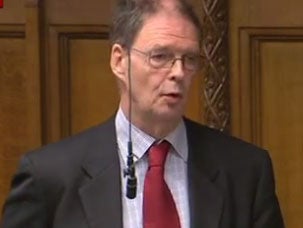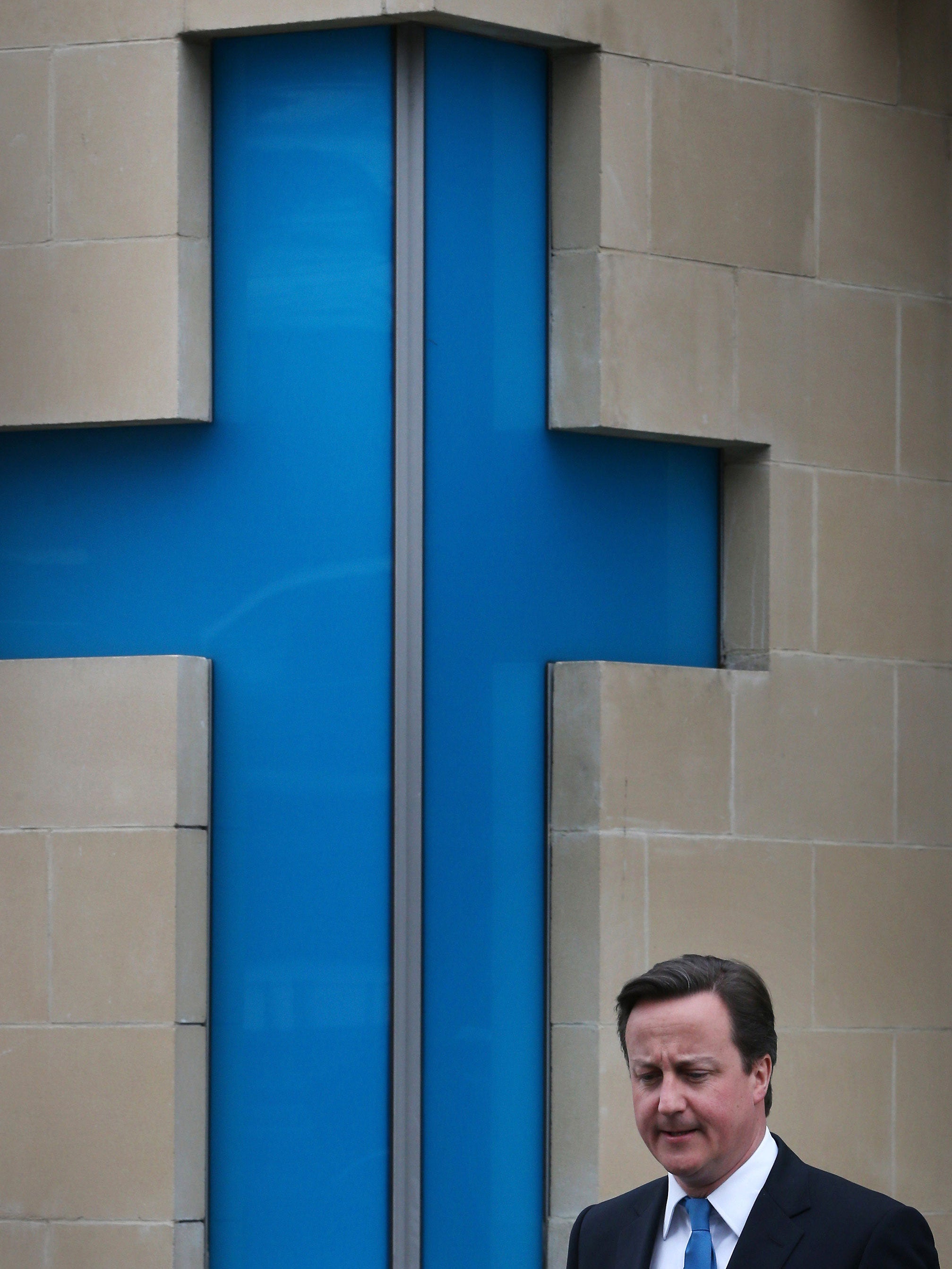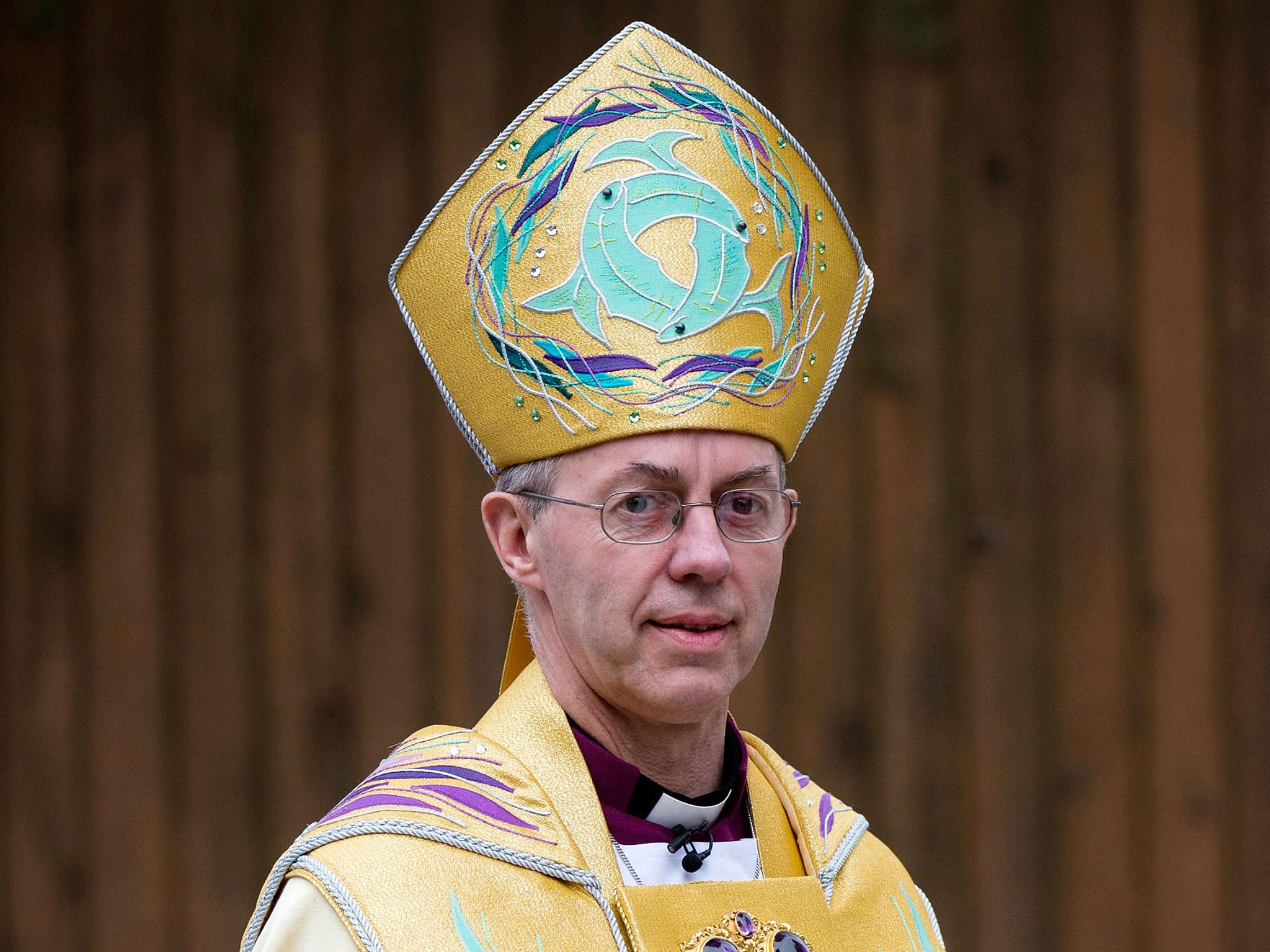Tory James Arbuthnot comes out as an atheist, claiming MPs must pretend to be religious
The Conservative MP made the claims in a parliamentary debate and likened it to Tories having to pretend not to be gay

Your support helps us to tell the story
From reproductive rights to climate change to Big Tech, The Independent is on the ground when the story is developing. Whether it's investigating the financials of Elon Musk's pro-Trump PAC or producing our latest documentary, 'The A Word', which shines a light on the American women fighting for reproductive rights, we know how important it is to parse out the facts from the messaging.
At such a critical moment in US history, we need reporters on the ground. Your donation allows us to keep sending journalists to speak to both sides of the story.
The Independent is trusted by Americans across the entire political spectrum. And unlike many other quality news outlets, we choose not to lock Americans out of our reporting and analysis with paywalls. We believe quality journalism should be available to everyone, paid for by those who can afford it.
Your support makes all the difference.A Conservative MP has said Tory MPs are under pressure to pretend they are religious and he could only confess that he was an atheist because he was standing down at the next election.
In a Commons debate on a backbench bill to allow prayers at council meetings James Arbuthnot MP likened concealing his religion to the pressure associated with "keeping quiet about being gay", apparently felt by some of his parliamentary colleagues.
David Cameron claimed last year that he is “evangelical” about his faith and said that religion can have a place helping people to "have a moral code”.
It is a drastic change from the New Labour days, when Alastair Campbell famously declared: “We don’t do god.”

“I believe we should be more confident about our status as a Christian country, more ambitious about expanding the role of faith-based organisations, and, frankly, more evangelical about a faith that compels us to get out there and make a difference to people's lives,” the Prime Minister wrote in the Church Times.
Mr Arbuthnot, the MP for North East Hampshire, grew up in a deeply religious family and was christened and confirmed, but has only revealed his atheism now, after 28 years in the Commons.
While he announced he was standing down in 2011 he has waited until this week to disclose his lack of religion.
“It may be true that the pressure on a Conservative politician particularly of keeping quiet about not being religious is very similar to the pressure that there has been about keeping quiet about being gay,” he said, before emphasising that he was not gay.
Sir Edward Leigh, another former Tory minister, argued that prayers taking into account Britain's Christian heritage could help in the fight against extremism, as "a little religion actually stops outrageous intolerance".
The former aide to Margaret Thatcher claimed Britain's whole foundation was built on Christian values – which should be recognised in local government. "Because otherwise we just lose contact with our history and I think actually in losing contact with our history of tolerance which has been the foundation, the essence of the British state, we actually encourage religious extremism, because often it's the families where there is absolutely no religion that people are led astray sometimes into following bizarre sects and the rest,” he said.
The Private Members' Bill, which had the support of both front benches, passed its remaining stages in the Commons unopposed, and will now go to the House of Lords. Introduced by the Tory MP Jake Berry, the measure would allow councils to conduct prayers the start of their meetings but leaves to each authority decisions about length, format and faith.
Mr Berry said: "I believe and still believe that there is more power in prayer than the stroke of any minister's pen or in fact the power of the chair or any division of this House.”
Once known as “the Tory party at prayer”, the Church of England now has a strained relationship with the Conservative Party and there has been conflict over a number of issues recently, including social security and food banks.
The Archbishop of Canterbury, Justin Welby, was criticised for saying that “hunger stalks this country” last December.

Despite this, Mr Cameron used his Christmas message last year to extol the virtues of religion, praising “those very Christian values of giving, sharing and taking care of others”.
The former junior minister in John Major’s government was speaking during a parliamentary debate on a bill which calls for prayers to be read at the start of council meetings.
He added that there were fears that prayers could be made to Satan, as religions were not discriminated between in the bill.
“The fact that the effect of the public sector equality duty on this bill is at local authority’s choosing to hold religious observance in their meetings will not then be able lawfully to discriminate against the observances of the religion of Satanism,” he said.
Join our commenting forum
Join thought-provoking conversations, follow other Independent readers and see their replies
Comments